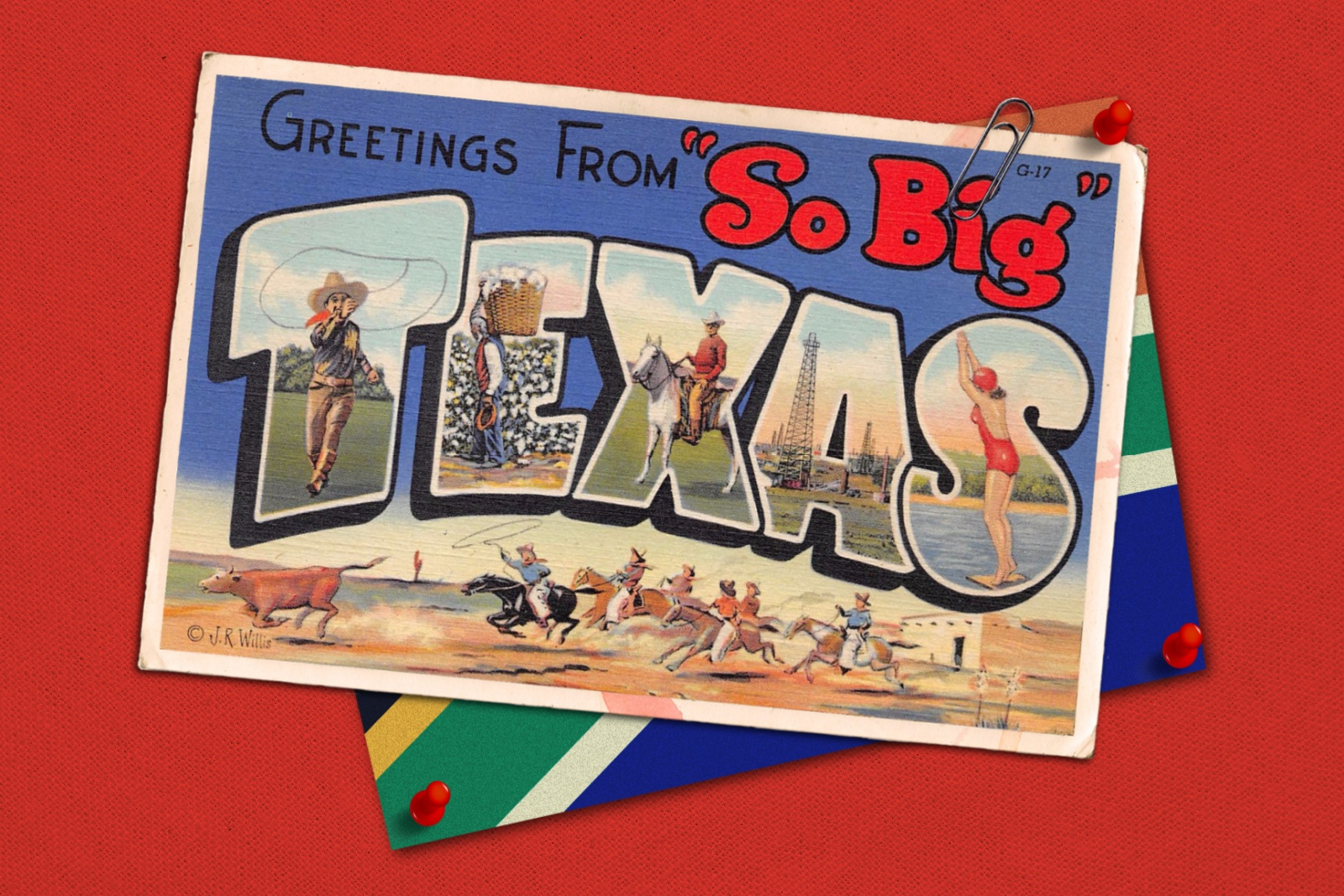


The American political and economic landscape is filled with contradictions and complexities [c746cc4b]. On one hand, there are instances of dehumanizing language used by a Republican candidate, highlighting the divisive nature of politics. However, there is also bipartisan support for constructive legislation, showcasing the potential for collaboration and progress [c746cc4b].
In addition to political contradictions, there are also social and economic challenges. Anti-Israel and antisemitic protests have emerged, raising concerns about discrimination and intolerance. The busy travel season in the country further adds to the complexity of the situation [c746cc4b].
Meanwhile, a recent article by Scott Firsing in the International Policy Digest explores the similarities between the political landscapes of the United States and South Africa [d19c5b5e]. The article highlights the challenges of poor governance, economic instability, and rising crime in South Africa, as well as concerns about corruption and the integrity of democratic processes. It also discusses the internal challenges faced by the United States, including political fatigue and a lack of confidence in the political system. The article emphasizes the need for decisive action and investment in education and infrastructure to address the shared challenges of unauthorized immigration, corruption, and disinformation [d19c5b5e].
The article mentions the upcoming elections in South Africa on May 29 and the U.S. presidential election on November 5 as pivotal moments that will reflect the current political sentiments within each country and potentially signal shifts in their respective regions and the international community. It also discusses specific issues in Texas, such as infrastructure woes, water supply concerns, and border security challenges. The article concludes by highlighting the importance of addressing these challenges to secure a resilient future for both countries [d19c5b5e].
These contradictions and complexities in the American political and economic landscape, as well as the comparative analysis of the political landscapes in the U.S. and South Africa, require careful navigation and thoughtful solutions. It is essential for leaders and citizens alike to address these issues with empathy, open-mindedness, and a commitment to inclusivity and progress.
The article 'An American in Portugal - Just Back from the U.S.!' by Becca Williams in The Portugal News discusses the differences between the author's experiences in Portugal and Florida [46d7a858]. The author highlights the laid-back lifestyle and peaceful atmosphere in Portugal compared to the divisions and acrimony in the United States. They mention the difference in traffic, with Portugal having shorter travel times and fewer bumper stickers. The author also notes the prevalence of olive oil in Portugal compared to the US, where it is not served unless requested. They mention the lower prices of wine and dining out in Portugal compared to Florida. The author concludes by inviting readers to share their observations if they have recently visited the US.
These observations provide a personal perspective on the cultural differences between Portugal and the United States, complementing the broader analysis of the political and economic landscapes. They highlight the contrasting lifestyles and attitudes towards traffic, food, and dining out in the two countries. The article serves as a reminder of the diverse experiences and perspectives that shape our understanding of different cultures and societies.